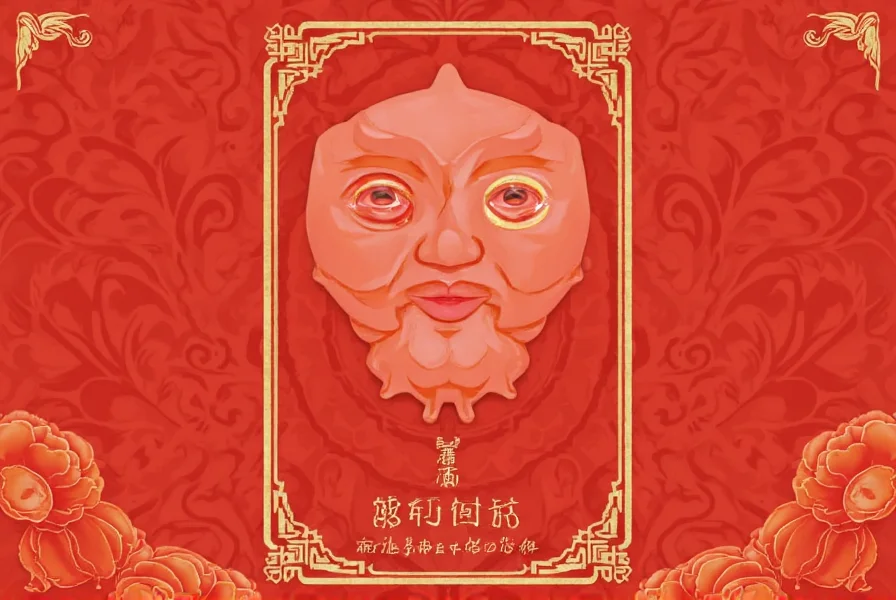When encountering the name “Ginger Chan,” it’s essential to understand its cultural components and how to effectively search for specific individuals with multicultural names. This guide provides practical insights for those seeking information about people with this name combination, while exploring the linguistic and cultural context behind such naming conventions.
Understanding the Name Components
The name “Ginger Chan” represents an interesting cross-cultural combination. “Ginger” originated as a nickname for people with red hair, derived from the spice ginger due to its reddish color. It evolved into a formal given name in English-speaking countries during the 20th century. Meanwhile, “Chan” (also romanized as Chen) is one of the most common Chinese surnames, representing approximately 10% of China’s population.
| Name Component | Origin | Meaning/Significance | Prevalence |
|---|---|---|---|
| Ginger | English | Originally a nickname for red hair, from the spice | Moderately common in Western countries |
| Chan | Chinese (Chēn) | One of China's most common surnames | Approximately 100 million people globally |
Searching for Specific Individuals Named Ginger Chan
When searching for a particular person with this name, consider these effective strategies:
- Add contextual details – Include location, profession, or organization to narrow results (e.g., “Ginger Chan marketing director San Francisco”)
- Check professional networks – LinkedIn often provides the most reliable professional information for individuals with multicultural names
- Consider name variations – The surname might appear as Chen, Chan, or other romanizations depending on regional spelling conventions
- Verify information across sources – Cross-reference details from multiple reputable platforms to confirm identity
Cultural Context of Multicultural Names
The combination of Western first names with Asian surnames reflects increasing cultural blending in our global society. Many individuals with Chinese heritage living in English-speaking countries adopt Western given names while maintaining their family surname. This practice facilitates integration while preserving cultural identity.
When searching for people with multicultural names, understanding these naming conventions can significantly improve search effectiveness. The Western naming order (given name followed by surname) differs from traditional Chinese naming (surname first), which can create confusion in international contexts.
Privacy Considerations When Searching
Respect privacy boundaries when searching for individuals. Public figures naturally have more accessible information, but private citizens deserve privacy protection. Consider these guidelines:
- Professional inquiries should focus on publicly shared professional information
- Personal connections should use appropriate social channels rather than extensive online searching
- Always verify the legitimacy of your search purpose before proceeding
Practical Tips for People with Multicultural Names
If you’re a Ginger Chan or have a similar multicultural name, optimizing your online presence can help others find you more easily:
- Maintain consistent professional profiles across platforms
- Consider including both common romanizations of your name (e.g., Chan and Chen)
- Use a professional email address that incorporates your name
- Claim your name on major professional networking sites
Frequently Asked Questions
Is Ginger Chan a famous person?
No, Ginger Chan is not a widely recognized public figure, celebrity, or historical personality. It appears to be a personal name combining Western and Chinese naming conventions, likely referring to an individual in someone's personal or professional network rather than a famous person.
What does the name Ginger Chan mean culturally?
Ginger is a Western given name originating from the spice, historically used as a nickname for red-haired individuals. Chan (or Chen) is one of the most common Chinese surnames, representing approximately 10% of China's population. The combination reflects multicultural naming practices common among Chinese diaspora communities.
How can I find a specific person named Ginger Chan?
To locate a specific individual, add contextual details to your search such as location, profession, or organization. Professional networking sites like LinkedIn often provide the most reliable information. Consider possible name variations (Chan might also appear as Chen) and verify information across multiple reputable sources.
Why do some Chinese individuals have Western first names like Ginger?
Many individuals of Chinese heritage living in Western countries adopt English given names to facilitate integration while maintaining their Chinese family name. This practice helps with pronunciation in English-speaking environments while preserving cultural identity through the family surname.
Is Chan the same as Chen in Chinese names?
Yes, Chan and Chen represent the same Chinese surname (陈), with different romanization systems. Chen follows the Pinyin system (standard in Mainland China), while Chan follows older romanization systems common in Hong Kong, Southeast Asia, and overseas Chinese communities. Both refer to the same family name.











 浙公网安备
33010002000092号
浙公网安备
33010002000092号 浙B2-20120091-4
浙B2-20120091-4